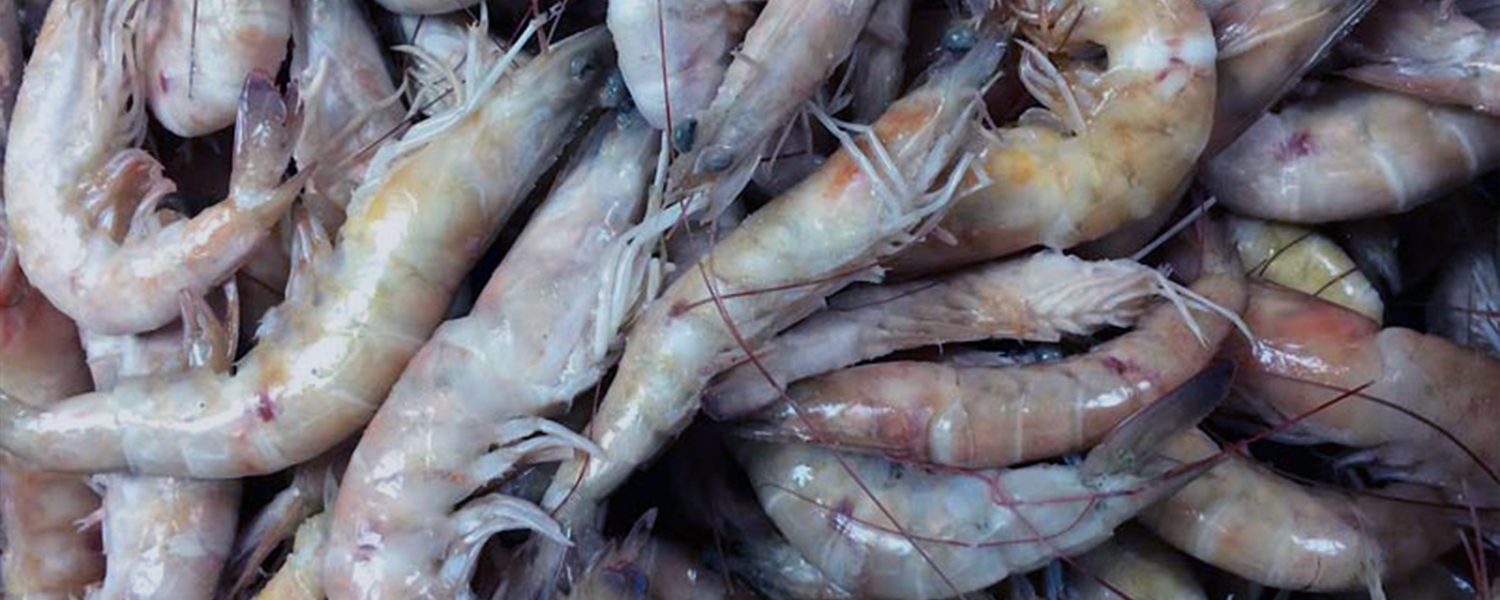Both Sides of the Coin: Part One
July 7, 2017

I had a hard time writing this. What usually takes a few hours instead took days because it’s a tough topic, and I’m trying hard not to be biased. I’m also splitting this into two separate posts, because there’s a lot to discuss.
Here goes.
Wild shrimp versus farmed, imported shrimp: what are the differences?
Not the differences I’ve mentioned in the past—taste, origin etc.—but the big, important differences, and how do my dinner choices affect our global society?
(Yikes.)
Believe it or not, and I hope after these posts you’ll believe it, what we pick shapes human rights, trade policy, health, and culture.
And no, I’m not here to bash imported shrimp. Farmed and/or imported seafood is not all bad, just like wild-caught isn’t all good. If that’s the case, you might think, the end product is still shrimp. It’s two sides of the same coin.
Yes, but coin tosses can be a big deal when the stakes are high, and for Americans, shrimp is huge. (Pun intended.) The average American eats 4.1 pounds of shrimp per year, making it the most widely consumed seafood.
Chew on this:
- Out of more than 4,000 different species of shrimp, seven rule the seas for demand and value.
- Five (white, pink, brown, rock, and royal red) are wild-caught in the United States, and are not farmed overseas.
- The other two kinds—whiteleg and Asian Tiger Shrimp—make up the vast majority of farmed shrimp produced abroad.
- Of those 4.1 pounds of shrimp we eat yearly, 3.8 pounds, or more than 90 percent, will be imported from abroad.
There’s a head-scratcher: if we have five wild-caught shrimp species at our doorstep, why do we eat so much imported shrimp?
The answers are price and supply.
Shrimp is good, and cheap shrimp is great. For lots of reasons, imported, farmed shrimp is usually less expensive than wild. In some cases, costs are kept down by cutting corners. In the worst, most horrific cases, those corners are people. Three years ago, a massive story broke: major shrimp farming operations were using de facto slaves to produce shrimp. Turns out when there’s no payroll, it’s easy to keep costs low.
Fortunately, reforms are (slowly) happening, and some American companies are working to ensure their shrimp is slavery-free.
Speaking of American companies, that’s where the issue of supply comes in: wild shrimp are seasonal, which means they’re not always available in the size and quantity people would like. Farmed shrimp, however, is consistently available.
If you’re a chain restaurant with a nationwide shrimp promotion, your supply must be iron-clad guaranteed available. By choosing the abundant, bargain option, customers get low prices and consistent inventory. That’s business, and those are the facts, though I wish they weren’t.
Before I go any further, I want to be clear that not all farmed, imported shrimp comes from evil companies abusing their workforce and destroying the environment just to make a buck. There are a lot of groups that produce and sell what’s called “ethical shrimp.” The rub is, it usually costs more, and may be harder to find. That’s where our choices come in and hopefully the above has made it clear why those choices matter to people all over the world.
There’s more to unpack on this subject. I haven’t even mentioned the economic impact of imports on our local fishers (they’re big), or how environmentally friendly wild and farmed fisheries are (and aren’t). I’m out of time, though, so I hope you’ll return for the next installment of Both Sides of the Coin for more food for thought.
Suggested Articles
ASPA Fights Back Against Indian Shrimp Imports Made with Forced Labor
Port Arthur, TX (April 16, 2024) The American Shrimp Processors Association (ASPA) is taking aggressive action to combat imports of shrimp from India that were...
Read More April 2024American Shrimp Processors Association Launches Trade Petitions Addressing Unfair Dumping and Illegal Subsidies
Read additional information about the trade petitions, including public copies of ASPA filings. Today, the American Shrimp Processors Association (ASPA) filed trade petitions seeking antidumping...
Read More October 2023Bipartisan Legislation Introduced to Ensure the Availability of Healthy and Safe American Shrimp
WASHINGTON, DC – U.S. Representatives Garret Graves (Louisiana) and Kathy Castor (Florida) introduced legislation to stop unsafe, illegally-produced shrimp from reaching consumers. Much of the shrimp...
Read More August 2023

